

Questions / Réponses
What does Chinese medicine treat?
Chinese medicine works on the energetic balance of the body to allow a self-regulation of your vitality, a good adaptation to your environment and to bring you a better well-being. Its applications are very broad: it allows, among other things, to relieve pain, helps to regulate sleep and digestion, to manage stress, to relieve tension, to boost energy in case of fatigue, etc. As in all medicine, Chinese medicine can analyse and treat all ailments, even the most serious. This does not mean that it can cure everything. In the case of incurable diseases, this medicine is often complementary to other treatments: it can bring relief to pain, increase the capacity to reject toxic products or delay a fatal evolution.
Can Chinese medicine replace Western medicine?
No. A Chinese medicine session never exempts you from consulting your doctor. You should not change or interrupt a treatment prescribed by your doctor without consulting him or her first, even if it improves after a Chinese medicine session. Chinese medicine is not intended to treat Western medical conditions; there will be no diagnosis made by the practitioner, only your doctor can do that. Chinese medicine approaches illness in terms of emptiness or fullness, stagnation, circulation of blood and qi (energy), wind, cold, etc... It follows a different paradigm from Western medicine. For example, two people suffering from asthma may be treated in different ways in Chinese medicine because their energy balance will be different. It does not replace Western medicine, but it can complement it. For any health problem, consult your general practitioner first.
How many sessions are needed?
The number of sessions varies according to what you are treating (an "emptiness" will often take longer to cure than a "fullness"), according to the seriousness and the age of the problem, and also according to the patient's commitment to following the advice given to improve his or her lifestyle. It should be noted that some cases require regular appointments in order to limit recurrence or deterioration of the condition.
Can a treatment cause reactions?
Yes, after a session the patient may experience a little fatigue or sometimes, in the case of joint pain, a very temporary aggravation (in the hours following the session) due to the mobilisation of blood in the small capillaries of the treated area. However, the absence of a reaction does not mean that the session was ineffective. In pharmacopoeia, the use of Chinese herbs may cause some minor inconveniences such as digestive slowing down, constipation or nausea. Do not hesitate to inform me of any inconvenience you may experience.
What is the appropriate attire for a session?
As part of a check-up and treatment, you will usually be asked to wear underwear in order to better observe the signs on the body. You may be covered with a sheet during the treatment. If you are wearing loose, comfortable clothes, you may be able to keep them on if the treatment only involves the areas below the knees and elbows. In France, no internal examination is performed as part of a Chinese medicine consultation.
Are the sessions covered by sécurité sociale?
No, although they are generally fully trained professionals, Chinese medicine practitioners are not recognised as health practitioners in France. This is why sessions are not reimbursed by social security. In France, only acupuncture procedures performed by doctors are partially reimbursed by social security. https://solidarites-sante.gouv.fr/IMG/pdf/fiche_acupuncture.pdf. However, more and more mutual insurance companies or supplementary health insurance companies can provide partial or complete coverage of the sessions. To find out how much of this is covered, please contact your health insurance company.